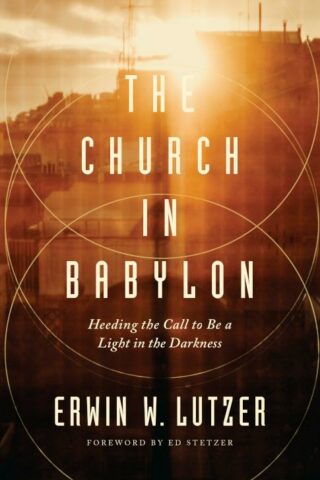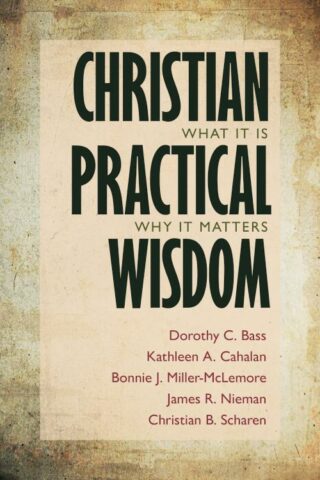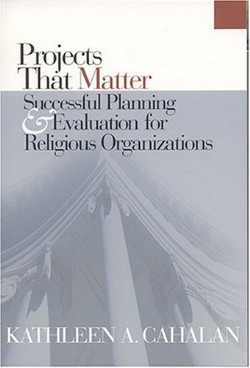Kathleen Cahalan
Showing all 3 resultsSorted by latest
-
Calling In Todays World
$28.99Comparative religious insights into the meaning of vocation
The concept of “vocation” or “calling” is a distinctively Christian concern, grounded in the long-held belief that we find our meaning, purpose, and fulfillment in God. But what about religions other than Christianity? What does it mean for someone from another faith tradition to understand calling or vocation?
In this book contributors with expertise in Catholic and Protestant Christianity, Judaism, Islam, Hinduism, Buddhism, Confucianism and Daoism, and secular humanism explore the idea of calling in these various faith traditions. The contributors each search their respective tradition’s sacred texts, key figures, practices, and concepts for wisdom on the meaning of vocation. By seeking comparative insights from diverse faith traditions, say Kathleen Cahalan and Douglas Schuurman, we can all increase and improve our efforts to build a better, more humane world.
Add to cartin stock within 3-5 days of online purchase
-
Christian Practical Wisdom
$32.99Both shows and tells the neglected virtues of Christian practical wisdom
Why is the very kind of knowledge that people need to live well – practical wisdom – often the least understood, the hardest to learn, and the most devalued kind of knowledge? In this book five distinguished authors together examine the practical wisdom that is basic for faithful Christian living, question why it has been largely devalued, and advocate for its renewal. After first showing several concrete situations in which this kind of wisdom is visible – marriage, church, community, culture, and more – the authors then delve into the reasons for the decline of practical wisdom and set forth constructive cases for its renewal through biblical imagination and spiritual practice.
Add to cartin stock within 3-5 days of online purchase
-
Projects That Matter
$43.33Projects That Matter is a primer for project leaders and teams about basic project planning and evaluation. Intended for the nonexpert, the book introduces readers to the five basic elements of project design and describes in detail a six-step process for designing and implementing a project evaluation and for disseminating evaluation findings. Project leaders in congregations, colleges and seminaries, camps and other specialized ministries, and other religious settings will find Cahalan’s guidance clear and invaluable.
Cahalan presents evaluation as a form of collaborative inquiry and shows how leaders can use evaluation design to develop effective project plans and prepare case statements for donors or grant proposals for foundations. She introduces project planning and evaluation as mission-related practices and invites leaders to consider how their tradition’s particular mission and beliefs influence the way they plan and evaluate. In the final chapter, she makes explicit her own theological presuppositions-that the virtues of discernment, stewardship, and prudence are essential for good project planning and evaluation. Foreword by Craig Dykstra.
Add to cartin stock within 3-5 days of online purchase













